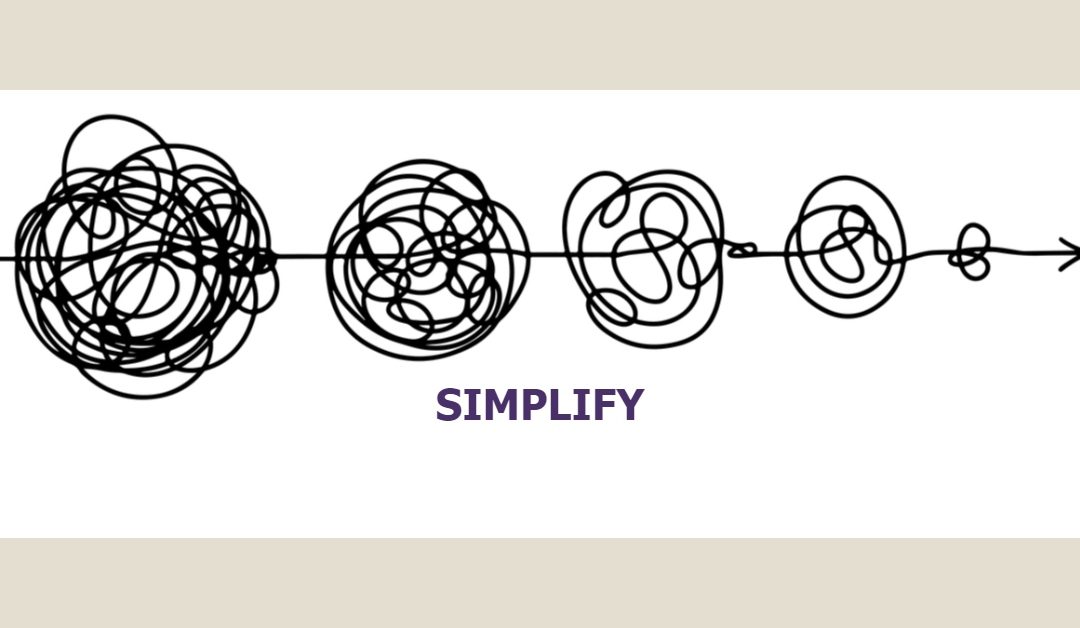-
Use business-friendly clinical trial contract templates.
A business-friendly clinical trial contract template is simple, clear, structured, and written in standard business English. It is balanced, focuses on collaboration and is not written primarily through the lens of risk avoidance and risk containment.
-
Keep your playbook rooted in practice and business reality.
A clinical trial contract playbook is a valuable reference source and an essential document in the contracting toolbox. It is alive and needs maintenance. Remember, a tree needs pruning and trimming for proper growth. Don’t kill the tree you so lovingly once planted. A tree that is dead is dangerous to have around and costly. Get the gist?
-
Know what your minimum contracting requirements are.
Establish your must-haves and use them as a compass to guide the negotiations process. It is essential when dealing with a counter-party’s paper and when you have very little room for negotiations.
-
Learn from experience and manage your organization’s knowledge.
Create a knowledge base and make knowledge sharing part of your organizational culture. Don’t leave the knowledge in your employees’ heads.
-
Acknowledge and accept that clinical trial contracts are not always standard agreements.
Clinical trial contract negotiations are anything but standard in certain jurisdictions and with specific clinical sites. Get to know the local or clinical site requirements and assign appropriate resources.
-
Be proactive.
Drive continuous improvements efforts to ensure that your contracts remain usable, up to date, and serve the needs of the parties involved. Review your templates for clauses that cause recurring issues with negotiations. Is there room for improvement? Were you reasonable in your initial template language? Do you need to include a specific clause in the template?
-
Negotiate a site-specific master agreement or model agreement with repeat sites.
Negotiating a master or model agreement with repeat sites upfront without the pressure of study start-up timelines can offer the opportunity to negotiate better terms for a long-lasting relationship. You also nurture site relationships.
-
Empower your contract specialists.
Give your contract specialists guidance, contracting tools and autonomy to make decisions. It keeps them engaged and connected to the work they do. Not to mention a sense of pride and responsibility for the work they bring to the table. Don’t reduce them to a copy and paste robot or an e-mail delivery person. They are human, and growth is empowering.
-
Engage your counter-party.
Ask them why they have revised a particular clause and invite them to discuss their concerns or requirements. Go for a collaborative approach and get down to the core of the request. Contract negotiations are so much more than a process of exchanging previously approved fallback language.
-
Include your must-have contracting requirements into feasibility analysis.
To save negotiations time and costs in the long run, identify any significant potential contracting roadblocks and risks upfront for informed decision making. Get ahead of the game!
-
Understand the relevant business process and operations.
This understanding will aid clinical trial contract negotiations. It enables you to assess an issue’s relevance and associated risks effectively. You will also be able to gauge if the contract reflects the parties’ actual intention and business reality and have any issues addressed to prevent surprises in the future.
-
Pick your battle.
Sometimes, even when your request is reasonable, your counter-party may still reject it downright. Why could this happen? Experience tells that they are probably not set up to handle any substantive, out of the box queries or requests. Or, rigid, internal mandates do not allow for deviations from the standard contract or process they use. You could also be facing a contract lawyer who views the agreement solely through the lens of risk aversion. This is a business reality, so choose your battles carefully.




